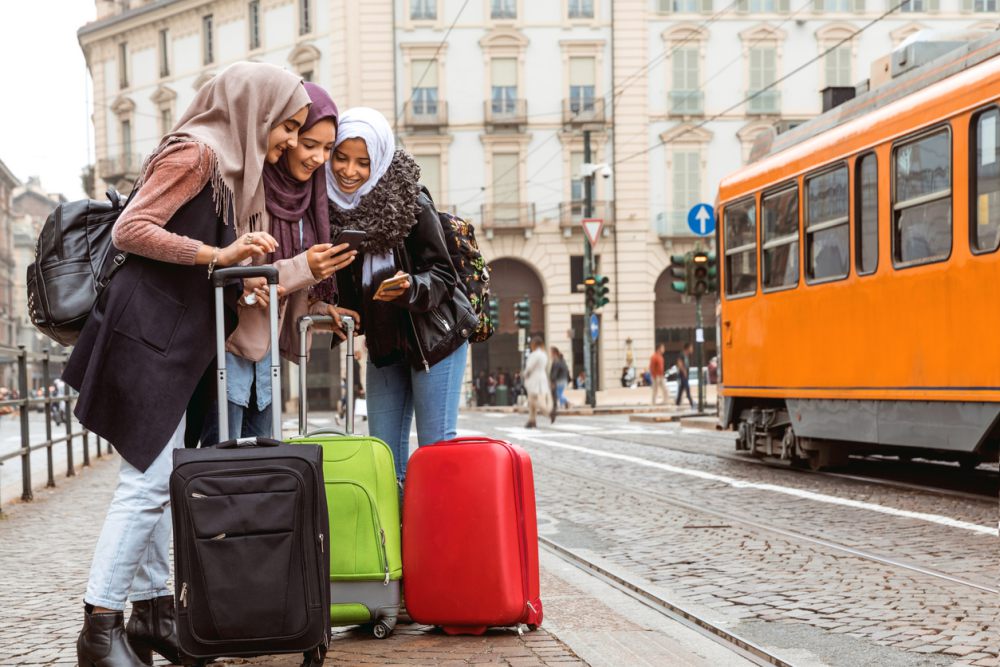How to get a Finnish IP address
The easiest way to improve your digital privacy is to switch your IP address using a VPN. We’ll …

You land overseas and the first thing you do is find an open WiFi network to access the internet, check social media, and message your loved ones. But often the apps you want to use are restricted in other countries.
So, what do you do?
December 10 is Human Rights Day, marking the 70th anniversary of the Universal Declaration of Human Rights. One such right is the ability to freely access information online, without censorship or government-imposed blockades.
It’s your right as a human to be able to access the internet without borders, and so I spoke to numerous expats to find out how they overcame geo-restrictions and maintained their rights online.
After graduating from college in the U.S., Kathleen landed a teaching position in Spain: “I’ve been living in Spain for a year now and my internet usage has definitely lessened,” she told me. This is due to many of her favorite sites, such as streaming services like Spotify and Netflix, being blocked.
“My internet usage became far more recreational,” she continued. “However, some of the streaming options I used to use back home are not available outside of the United States or require paying for a new subscription to access the service. My response to that has been to use Hotspot shield. I’m now able to stream content as if I was back home.”
Unlike Kathleen, Victor was worried about civil liberties and freedoms when using the internet abroad in Turkey. “As time went on, I was less and less open with my opinions and I began self-censoring a bit more,” he told me via Skype. This was due to receiving threats based on his political opinions. Turkey is a country where government censorship is high and citizens face real and dangerous repercussions for voicing their opinions online. Victor decided to protect himself and become anonymous when on the internet, maintaining his basic human rights in the process.
“I used Hotspot Shield to access certain blocked websites in
Whether it’s for speed, safety, accessibility, or privacy, Hotspot Shield is the smartest option for expatriates abroad. It’s a free app that shields your internet activities from prying eyes by creating a secure “tunnel” for your data to travel through. It can also be used to access geo-restricted content—like Netflix, YouTube, or games—by switching out your device’s IP address and ‘spoofing’ your real location to make it appear as if you’re back home in the United States.
Expats from all over the world trust Hotspot Shield to unblock restricted apps like WhatsApp so they can safely communicate with family, as well as post online without the fear of being watched. Being safe and smart when accessing the internet aboard is necessary. Like Kathleen and Victor, you can secure your phones, tablets, and computers with Hotspot Shield and stay connected to whatever—and whoever—you want, no matter where in the world you are.
After all, it’s your right.

